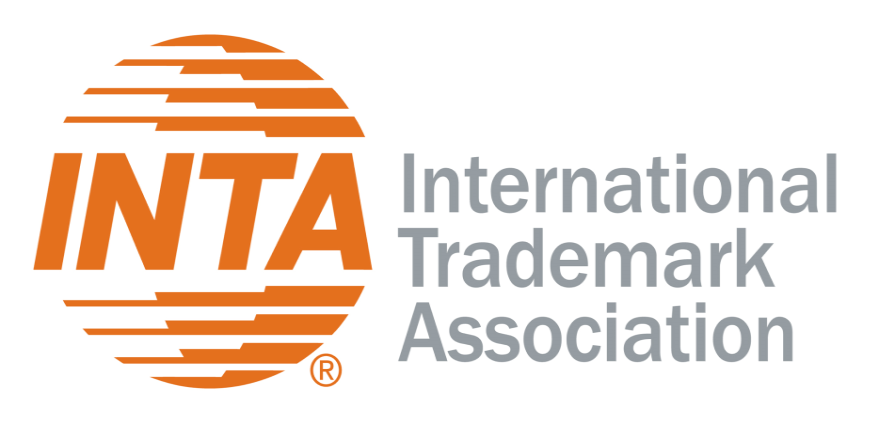New York, New York, June 30, 2021—The International Trademark Association (INTA) has filed an amicus brief before the European Court of Justice (CJEU) in support of the validity and enforceability of so called “non-challenge” clauses in trademark-related private contracts.
The German Federal Supreme Court (Bundesgerichtshof) has referred two questions to the CJEU (in Case C-62/21 Leinfelder Uhren GmbH & Co KG v. E. Leinfelder GmbH and others) concerning the impact of private contracts on administrative IPO proceedings as well as on contentious litigation.
The first question aims at balancing the scope of protection awarded by a registered trademark to its owner and the interest of the public to protect the register from being blocked by non-used “paper marks.”
The second question aims at obtaining an answer on the specific procedural setting of the case and the relationship between the jurisdiction of national courts and proceedings before the European Union Intellectual Property Office (EUIPO) and European Union (EU) courts in trademark matters.
Previously, two lower German courts refused to acknowledge the existence of a party’s non-challenge obligation in a pending litigation because the party violated this obligation by filing a petition for revocation due to non-use. The refusal was based on an earlier ruling of the General Court in the Carrera case (T-419/16) according to which broad public access to revocation and cancellation-proceedings in the EU Trademark Regulation prohibited non-challenge obligations per se.
In its brief, INTA pleads that (1) non-challenge clauses are not invalid per se and (2) national court rulings enforcing such obligations need to be considered at an EU level.
The Association notes that non-challenge obligations are customary in trademark-related agreements (license-, transfer- or pledge-agreements) where they serve to safeguard the economic basis of a valid trademark.
INTA also points out that broad public access to cancellation and revocation proceedings, which serve to keep trademark registers free from unused or otherwise unprotectable marks, will not suffer if access is blocked for a few individuals.
In the brief, the Association further contends that both questions trigger the capacity of trademarks as objects of property and that trademark laws are designed to respect this capacity in general. INTA notes that, for example, there are provisions in the EU Trademark Regulation that accept a recognition of bad faith and concludes that filing a petition for cancellation or revocation contrary to a contractual non-challenge clause constitutes an act of bad faith.
Read INTA’s amicus brief in this case.
About the International Trademark Association
The International Trademark Association (INTA) is a global association of brand owners and professionals dedicated to supporting trademarks and related intellectual property (IP) to foster consumer trust, economic growth, and innovation. Members include nearly 6,500 organizations, representing more than 34,350 individuals (trademark owners, professionals, and academics) from 185 countries, who benefit from the Association’s global trademark resources, policy development, education and training, and international network. Founded in 1878, INTA is headquartered in New York City, with offices in Beijing, Brussels, Santiago, Singapore, and Washington, D.C., and a representative in New Delhi. For more information, visit inta.org.









